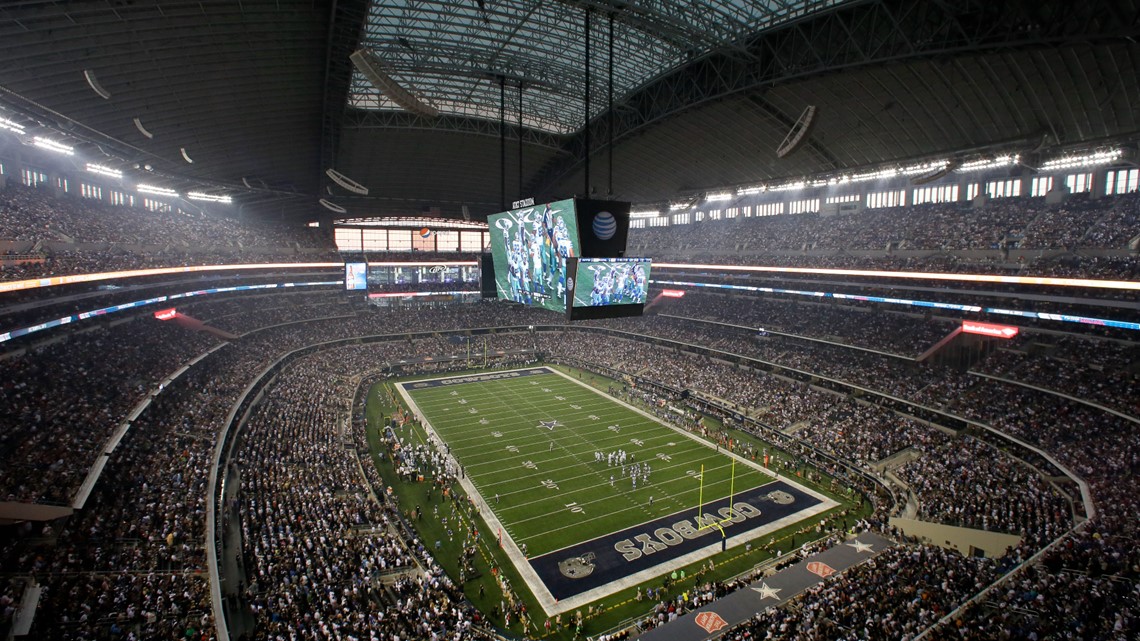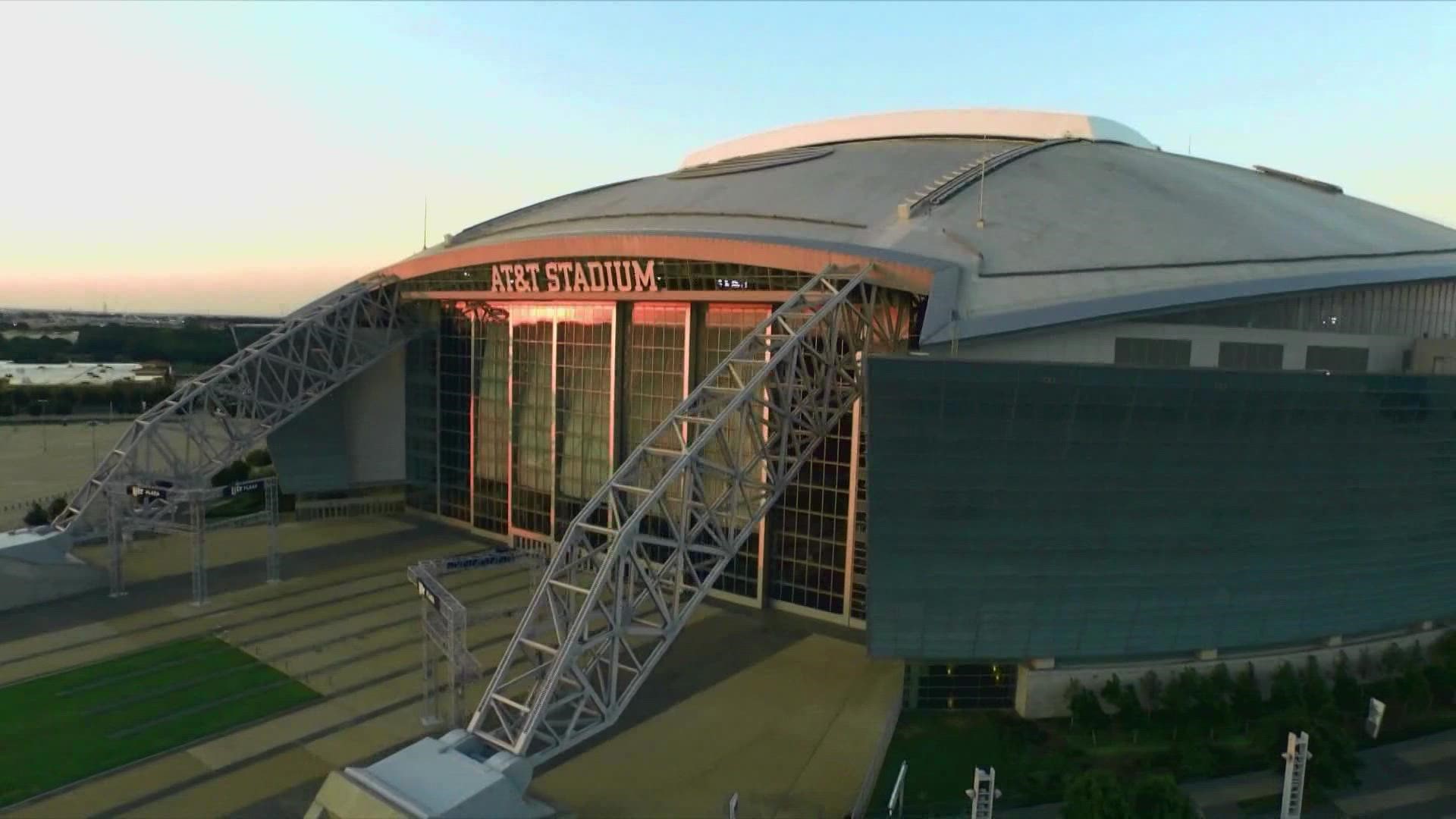NEW YORK — Atlanta, Houston, Miami, Philadelphia, Seattle and Kansas City, Missouri, were the newcomers among the 11 U.S. sites picked to host games at the 2026 World Cup, while Baltimore, Cincinnati, Denver, Nashville, Tennessee, and Orlando, Florida, were left out.
Arlington, Texas; East Rutherford, New Jersey; Foxborough, Massachusetts, and Inglewood and Santa Clara, California, were the holdovers.
FIFA announced its selections Thursday for the first World Cup with three co-hosts, also picking three Mexican cities and two in Canada.
The Rose Bowl in Pasadena, California, and Orlando’s Camping World Stadium were the only original stadiums used in the 1994 World Cup remaining in contention, and they were among the sites dropped in the final round. Gillette Stadium in Foxborough replaced the demolished Foxboro Stadium, which was used in the 1994 tournament and 1999 Women's World Cup.


All U.S. stadiums forecast capacities of 60,000 or larger. Three have retractable roofs and one a fixed roof. Ten have artificial turf but would switch to temporary grass.
This will be the first 48-nation World Cup, up from the 32-team format used since 1998. In a tournament likely to run from June 11 to July 12, but possibly start and end a week later, there will be 16 groups of three nations. Each team will play two first-round games instead of three as part of an awkward arrangement in which one nation in each group opens against an opponent who will have already played. The top two in each group advance to a 32-nation knockout bracket.
Revenue has skyrocketed: The 1994 Cup drew a record 3.59 million fans and grossed $580 million, which produced a profit of $133.25 million for FIFA and $50 million for the U.S. organizing committee. FIFA said the 2018 World Cup in Russia produced $5.357 billion in revenue over the four-year cycle and a $3.533 billion surplus.
FIFA requires bidders to obtain “a limited tax exemption” for FIFA, teams and other entities involved, and the Missouri Legislature last month approved a sales tax exemption for June and July 2026. Chicago dropped out in 2018 over FIFA's demands.
Alan Rothenberg, former president of the U.S. Soccer Federation, anticipates many of U.S. states and cities will refuse to comply.
“I think that’s a fair assumption in most of the jurisdictions. Some of them, they may just build it into the stadium price and other things, but getting an actual waiver may be difficult,” he said. “Ultimately, it just means another cost that the host committee, host city, is going to be responsible for.”

